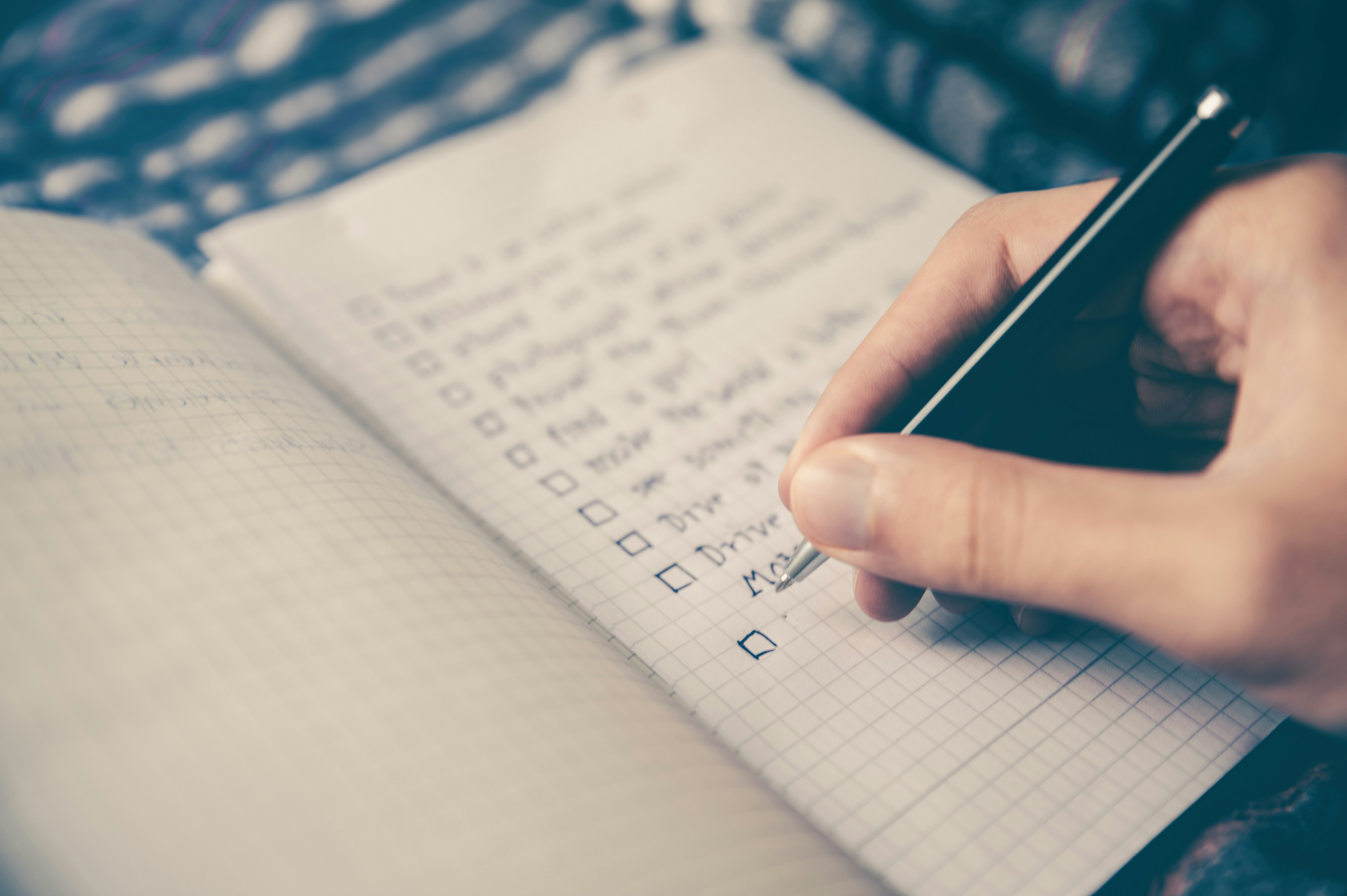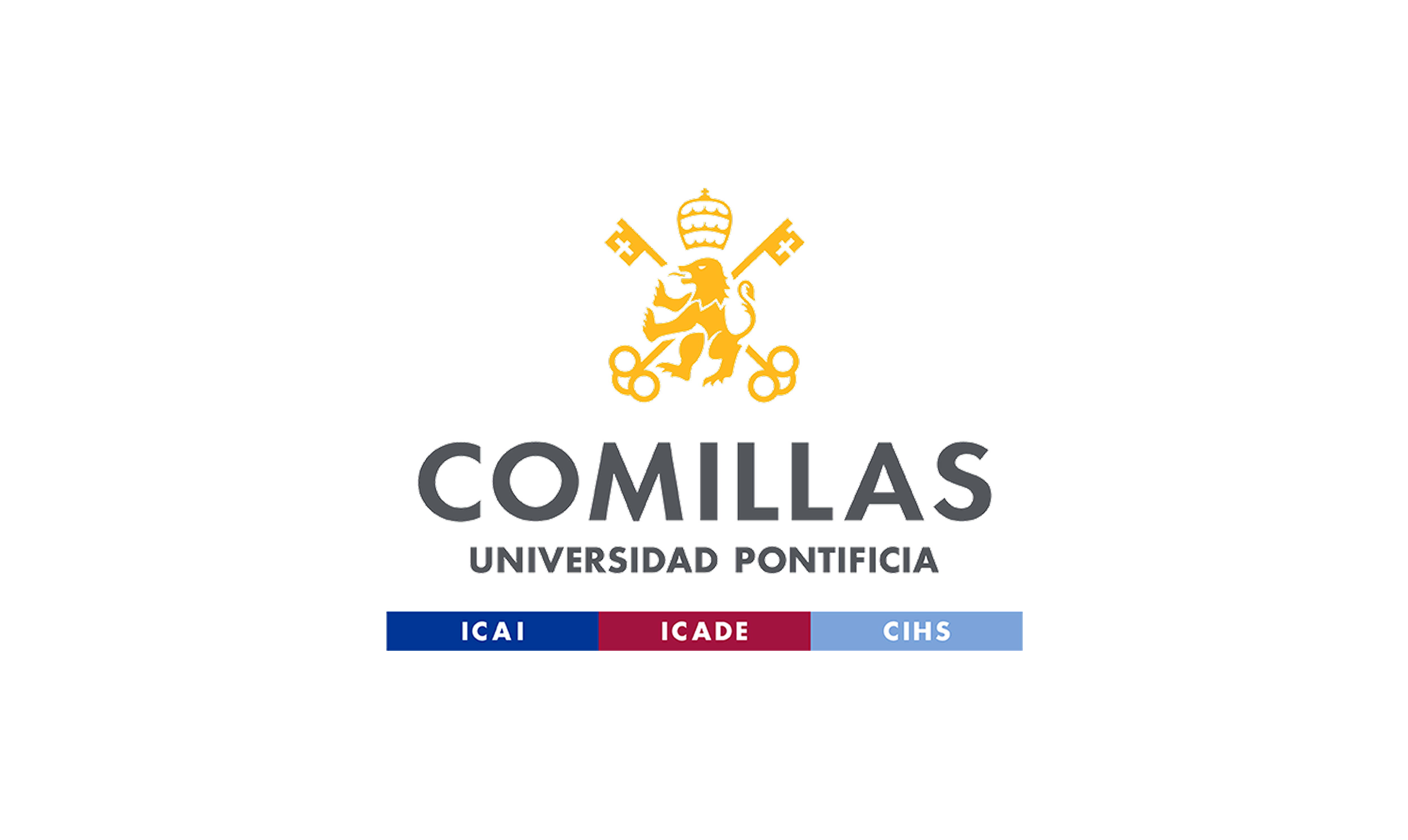Index
Receive our newsletter
Sending students to an exchange program is one of the most enriching experiences a university can offer, but it also comes with a lot of responsibility. It’s not just about booking flights and filling out forms. There are countless small details that can make or break the experience. To help you stay on top of it all, here’s a checklist built for coordinators, with everything that shouldn’t be overlooked.
Required legal documents
Everything starts with paperwork. Without it, there’s no exchange program. Make sure each student has:
- A passport valid for at least 6 months beyond their return date.
- The appropriate visa (student, internship, or volunteer, depending on the case).
- An official acceptance letter or signed agreement with the host institution.
- A residence permit (if required).
- Both digital and printed copies of all documents.
- An international student card (ISIC, if applicable).
- Additional tip: Some countries may require proof of financial solvency to issue a visa or confirm sufficient means. Check in advance if this applies to your students’ destination.
We recommend preparing both a physical and digital folder with the student, so everything is easy to access and ready in case of unexpected situations.
Health and travel insurance
A minor illness can turn into a major issue without the right coverage. Before traveling, each exchange student should have:
- International health insurance (covering hospitalization, primary care, and emergency services).
- Repatriation and liability insurance.
- In some cases, COVID coverage or specific vaccines might be required.
If the destination country requires a certified insurance policy, it’s best to take care of that early on. You might also want to give students a card with the emergency contact numbers for their insurance provider; in case they need quick access during an emergency.
Mental health and emotional support
Being away from home isn’t always easy, that’s why many exchange programs now include emotional preparation. Here are a few ideas:
- Host a talk or workshop on culture shock, adaptation, and stress management.
- Connect students with your university’s psychological support services.
- Encourage former students who have already studied abroad to share their experiences.
- Follow up with students during their first few months abroad.
A good support system can make a real difference, especially during those crucial early weeks. Make sure to talk to them openly, using a tone that’s clear and relatable.
Emergency contacts and safety
Students should know exactly who to reach out to if something goes wrong. At the very least, they should have:
- Contact info for their program coordinator.
- A personal or family emergency contact.
- The address and phone number of their country’s embassy or consulate.
- Local emergency numbers (police, ambulance, etc.).
- Details of their assigned or reserved housing.
It’s also helpful to suggest a location-sharing app or even a group chat for exchange students attending the same program.
Packing basics
There’s no universal packing list, but here are some general recommendations:
- Clothes suited to the local climate (don’t forget something waterproof).
- Comfortable shoes, ideally three pairs: casual, formal, and athletic.
- Electronics: laptop, chargers, plug adapters, headphones.
- Toiletries and any necessary prescription meds.
- A daypack, a reusable water bottle, and a small padlock.
Remind students that it’s not about bringing everything, it’s about bringing what matters. Less is more when you’re away for months.
Local and cultural integration
Good prep isn’t just about logistics; it’s also about culture. How can we help students settle in smoothly?
- Share basic info about local customs, social norms, and everyday language.
- Give a short overview of the local academic evaluation system. It can differ a lot, and students should know what to expect.
- Encourage them to take an introductory language course if they don’t speak the language.
- Invite them to join student clubs or international groups.
- Share practical tips: how to get around, where to shop, and useful local apps.
Integration starts long before arrival.
Money and budgeting
Financial stress can ruin a good exchange program. Keep these points in mind:
- Let them know how much cash they should carry (based on local currency and country regulations).
- Recommend setting up digital accounts (like Bunq).
- Explain withdrawal limits, fees, and currency exchange rates.
- Offer a simple monthly budget guide with estimated expenses.
Make sure students aren’t surprised by the cost of a SIM card or a bus ticket on day one.
What students shouldn’t pack:
Overpacking leads to unnecessary stress. Here’s what students can usually leave behind:
- Large or incompatible electronics.
- Too many clothes (frequent laundry is better than heavy luggage).
- Jewelry or items of high value they don’t really need.
- Original documents without backup copies.
Encourage them to focus on practical items and skip what won’t be useful during the exchange.
Final thoughts + downloadable checklist
Coordinating an exchange program takes planning, empathy, and solid communication. With this checklist, you and your team can anticipate key details and ensure students are safe, informed, and ready for the journey ahead.
If you’d like a version you can keep on hand, download the full checklist PDF here.








